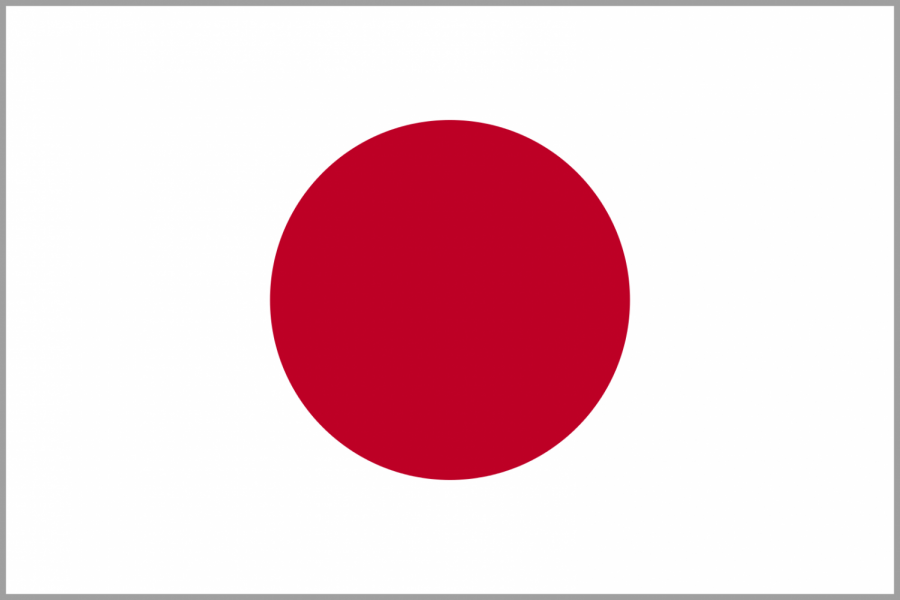Japan’s Restrictive Dual Citizenship Law
One of my favorite things about being from a mixed-race descent is being able to experience and connect with two vastly different cultures and ways of living. I have the privilege of feeling a sense of belonging from two sides of my family who live thousands of kilometers apart. The feeling that whether I am in Europe or in Asia, I have somewhere I can go to. Living in multiple countries during my childhood and attending a number of international schools, I have noticed that this feeling is generally a constant among all mixed children. For most of us, the complicated intertwining of different cultures ends up engraining itself as part of our individual identities. We each take certain elements and values from our two (or more) ‘sides’, and I can confidently say that like all people, no two people from the same mixed national background are the same. However, such benefits can also come with downsides. A common trend among those mixed-race people is that they can struggle with finding themselves. When asked the question “where is your home?” or “where are you from?”, sometimes we don’t have an answer. From my experience, this is especially the case for international students and is especially common in the younger years.
In Japan, people of mixed descent are known as “Hāfu” (which literally means “half” in English). While in mass media hafus are generally perceived well, studies show that this might not be the case in everyday life. In general, Japanese culture is relatively nationalistic. In a study conducted by Professor Kimie Oshima, a large percentage of interviewed hafus admitted to being bullied during childhood. Important to note however is that everyone interviewed had attended Japanese public schools. This side of hafus is often not represented in media. According to the same study, the number of foreign nationals living in Japan has increased substantially from “342,665 in 1947 to 2,049,123 in 2013”. With this increase, the number of mixed-race Japanese citizens are increasing exponentially as well.

Taken From: Flickr (Creative Commons ShareAlike 2.0 Generic)
Author: Carine06
However, one topic of controversy related to hafu has arisen in recent years. This is Japan’s 1950 Nationality Act, which states that at the age of 22, dual citizens must choose one of their nationalities. Japan is among just a select few developed countries to still hold this ‘old-fashioned’ law. The catalyst for this discussion was largely the tennis player Naomi Osaka, who was forced to choose between her American and Japanese citizenship in 2019. This was because, like many hafus, Osaka grew up primarily in America, and could not speak fluent Japanese. With the Tokyo 2020 Olympics coming up, and Osaka arguably being the biggest tennis player to come out of the country, Osaka deciding to let go of her Japanese citizenship would be quite a big deal in Japan. Although she ended up choosing Japan, it definitely got many people to think about how realistic the law is in our increasingly international world.
Another figure who has spoken out about this is Ariana Miyamoto, Miss Universe Japan 2015 and the first half-black, half-Japanese woman to win the title. The following quotes are from her interview with Al Jazeera news. Miyamoto, unlike Osaka, spent her entire life living in Japan, and has always considered herself to be fully Japanese, saying: “My appearance isn’t Asian, [but] I think I’m very much Japanese on the inside.” Although reactions to her victory were mostly positive, she received negative comments as well. One comment wrote, “Not to discriminate, but I wonder how a hafu could represent Japan”. She mentioned that she somewhat expected such remarks, as she was also bullied since childhood – some children even threw rubbish at her, called her the Japanese equivalent of the n-word, or protested to swimming in the same pool.
Clearly, the way in which hafus are viewed in Japan varies widely from person to person. However, knowing that I will soon be legally obligated to choose one nationality simply does not feel good. Ultimately, I think this law is old-fashioned, and Japan is one of the few developed countries that have yet to change it. From a legal perspective, it strips what is often a genuine part of one’s identity. While I will always consider myself to also be from both my parents’ nationalities, it would have an influence on my thinking knowing that technically I am no longer one or the other. This doesn’t just apply to Japan though. With internationalism constantly on the rise, so will the number of mixed individuals, and legal structures that have yet to address this should. While my biggest interest lies in the ‘Technology and Science’ field, this is something that I feel strongly about, and I believe it is ultimately just a small cog in a larger legislative system that will need to be closely looked at in the next decade.






Jeff Kalas • Mar 31, 2020 at
Fascinating article Martin! I feel for you having to make a decision on which nationality to choose. Governments should celebrate citizens with dual nationalities. The world (and FIS) is full of third-culture kids (https://en.wikipedia.org/wiki/Third_culture_kid) and their chosen nationalities should be reflective of all of them.